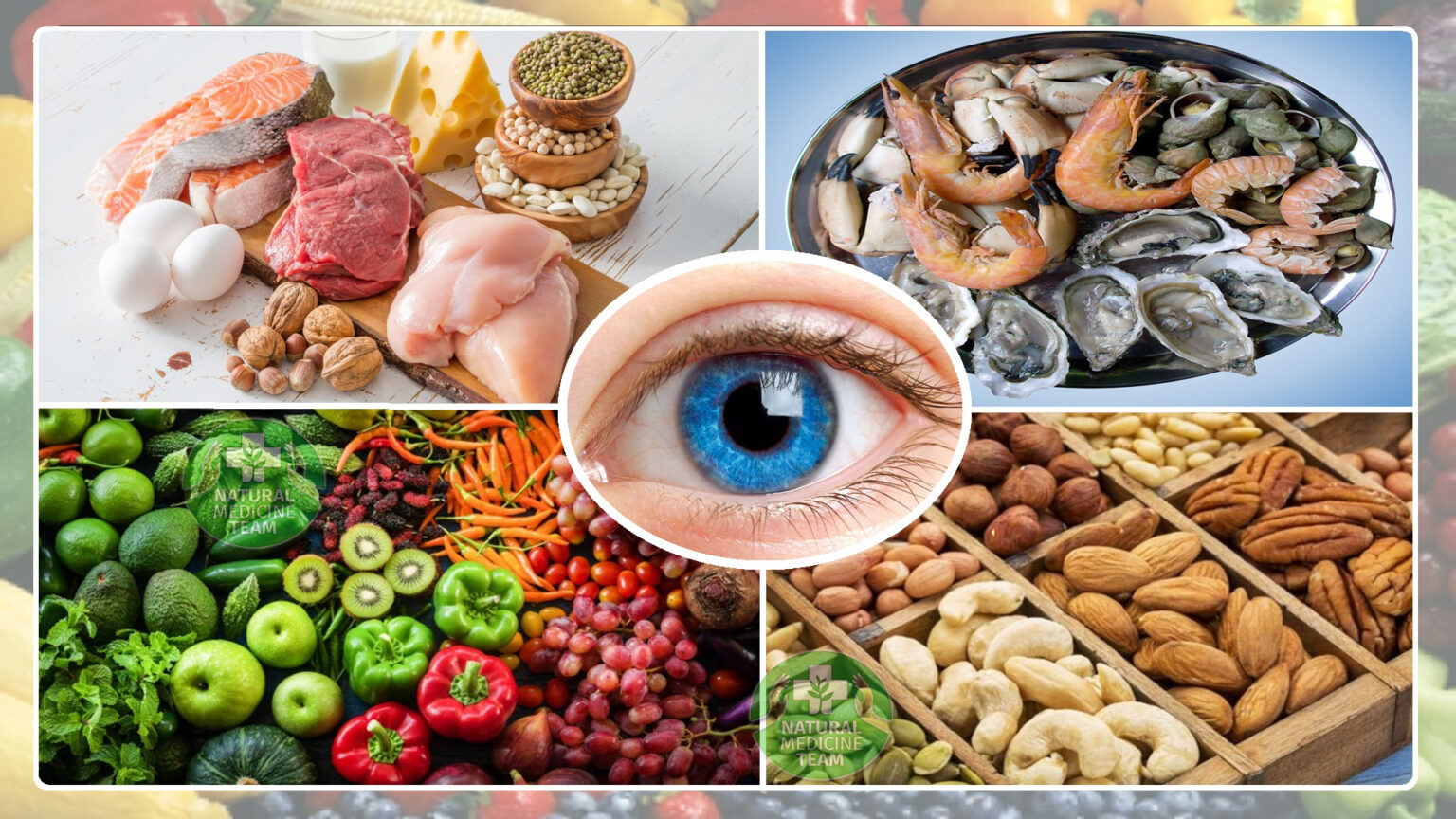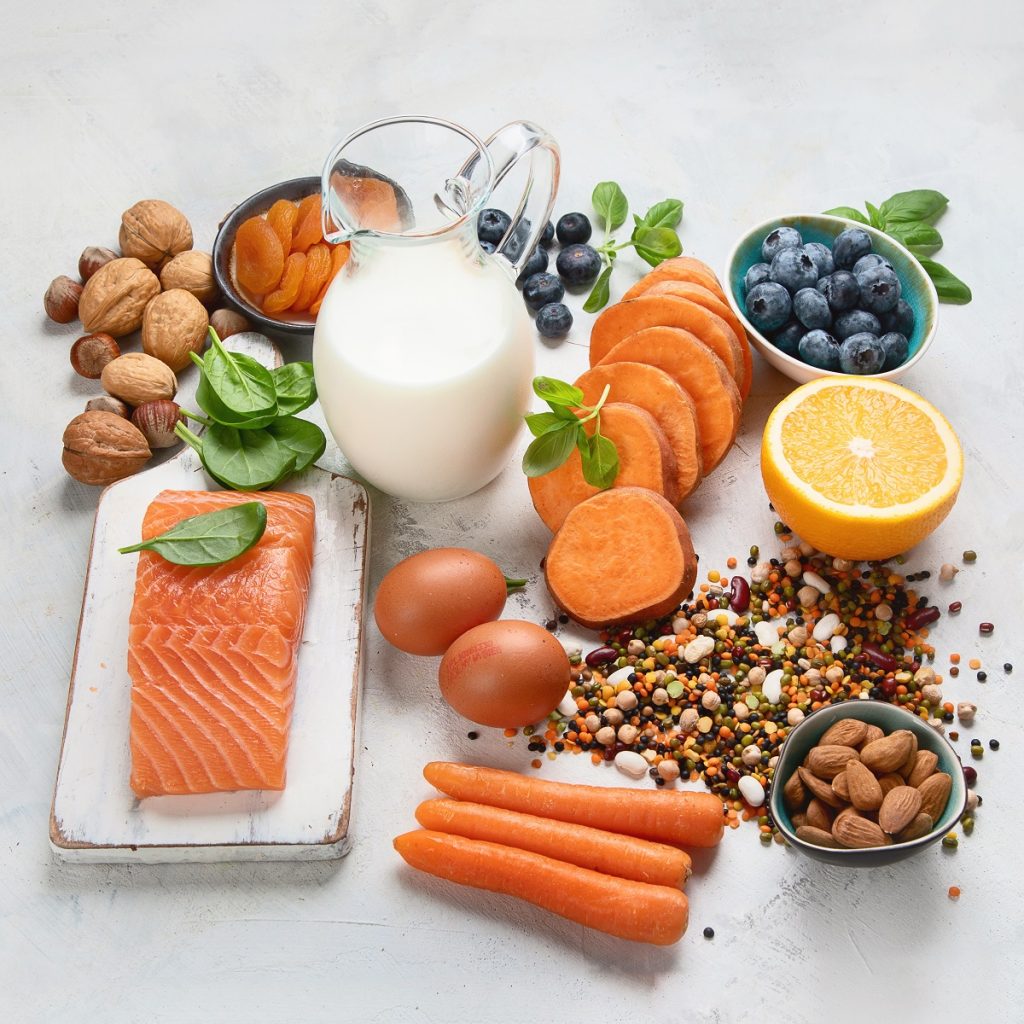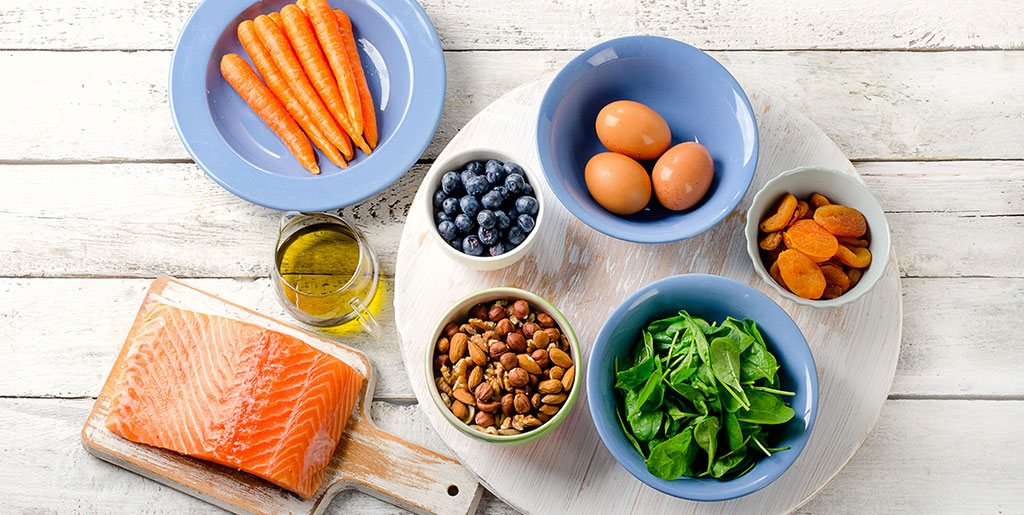Healthy Foods for Maintaining Eye Health

Why is a Healthy Diet Important for Eye Health?
A healthy diet is essential for maintaining good eye health because the eyes need specific nutrients to function correctly. Nutrients like vitamin A, C, E, and zinc help protect the eyes from harmful UV rays and prevent age-related macular degeneration (AMD) and cataracts. Moreover, omega-3 fatty acids are essential for the proper functioning of the retina and can reduce the risk of dry eyes and glaucoma.
Best Foods for Eye Health
1. Leafy Greens
Leafy greens like spinach, kale, and collard greens are rich in lutein and zeaxanthin, two antioxidants that are essential for maintaining good eye health. These antioxidants help protect the eyes from harmful UV rays and prevent age-related eye diseases like cataracts and AMD.

2. Carrots
Carrots are rich in beta-carotene, a type of vitamin A that is essential for maintaining good eye health. Beta-carotene helps protect the surface of the eye and can prevent dry eyes and night blindness.

3. Citrus Fruits
Citrus fruits like oranges, lemons, and grapefruits are rich in vitamin C, an antioxidant that helps protect the eyes from harmful free radicals. Vitamin C can also prevent cataracts and AMD.

4. Nuts and Seeds
Nuts and seeds like almonds, walnuts, and chia seeds are rich in vitamin E, an antioxidant that helps protect the eyes from harmful free radicals. Vitamin E can also prevent AMD and cataracts.

5. Fish
Fish like salmon, tuna, and mackerel are rich in omega-3 fatty acids that are essential for the proper functioning of the retina. Omega-3 fatty acids can reduce the risk of dry eyes and glaucoma.

Benefits and Drawbacks of Consuming Healthy Foods for Eyes
Benefits
- Reduced risk of age-related macular degeneration and cataracts
- Prevention of dry eyes and night blindness
- Improved eye health and vision
Drawbacks
- May not be suitable for people with specific allergies or dietary restrictions
- May not be effective in treating existing eye conditions
Conclusion
A healthy diet that is rich in vitamins, minerals, and antioxidants is essential for maintaining good eye health. Consuming leafy greens, carrots, citrus fruits, nuts and seeds, and fish can provide the necessary nutrients that are essential for the proper functioning of the eyes. However, it is essential to consult a doctor before making any significant changes to your diet.
FAQ
1. Can eating healthy foods improve eyesight?
Yes, consuming foods that are rich in vitamins, minerals, and antioxidants can improve eye health and vision. These nutrients can help protect the eyes from harmful free radicals and prevent age-related eye diseases like cataracts and AMD.
2. What foods should I avoid for good eye health?
Foods that are high in saturated and trans fats, sugar, and processed foods can increase the risk of age-related eye diseases like cataracts and AMD. It is essential to consume a healthy diet that is rich in vitamins, minerals, and antioxidants to maintain good eye health.
3. Can supplements replace healthy foods for maintaining eye health?
Supplements can provide the necessary vitamins and minerals that are essential for maintaining good eye health. However, it is always better to consume these nutrients through a healthy diet as it provides other health benefits as well.
4. How often should I consume these healthy foods for maintaining good eye health?
It is essential to consume these healthy foods regularly as part of a balanced diet to maintain good eye health. Consult a doctor or a nutritionist to understand the recommended daily intake of these nutrients.
